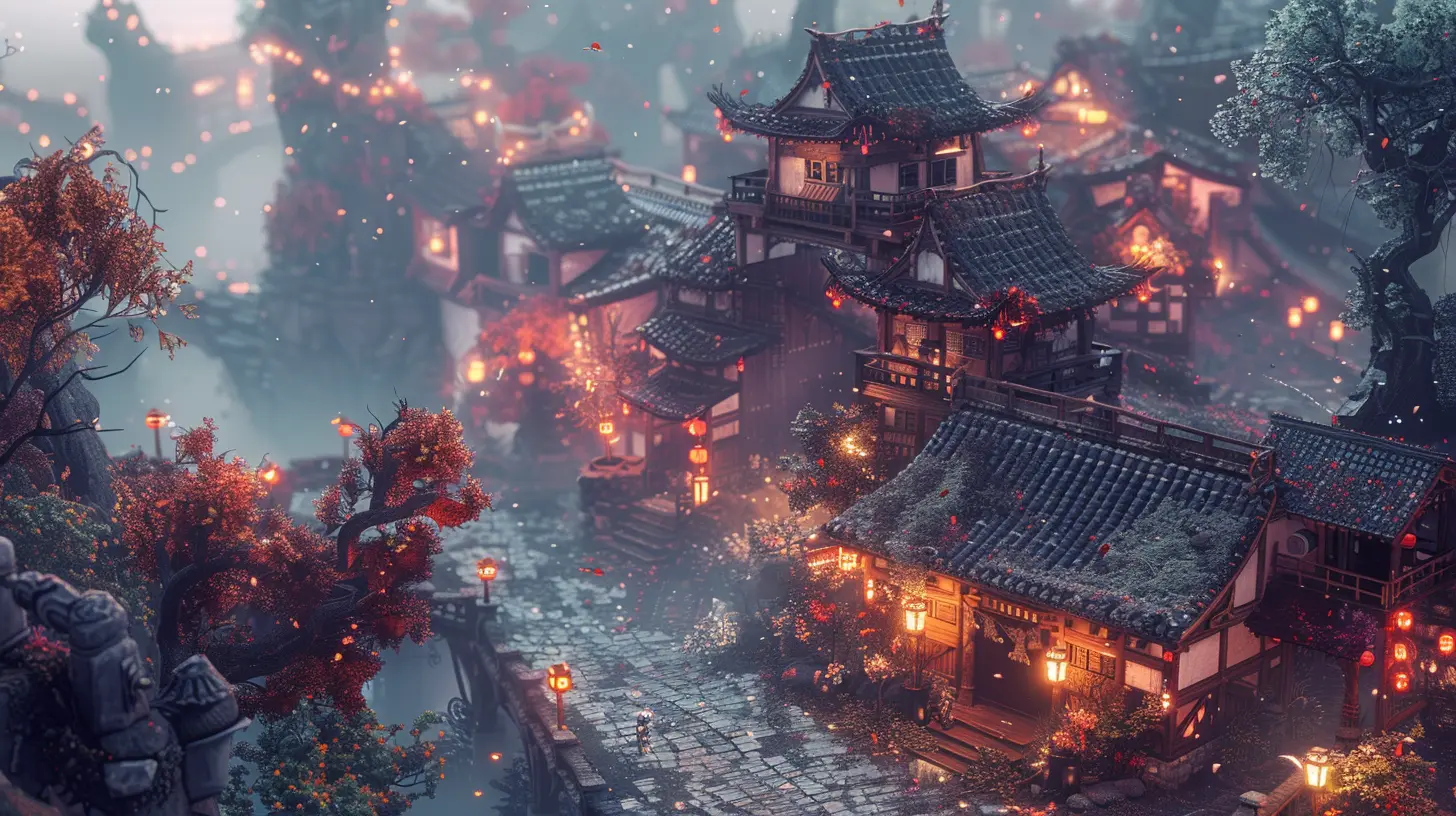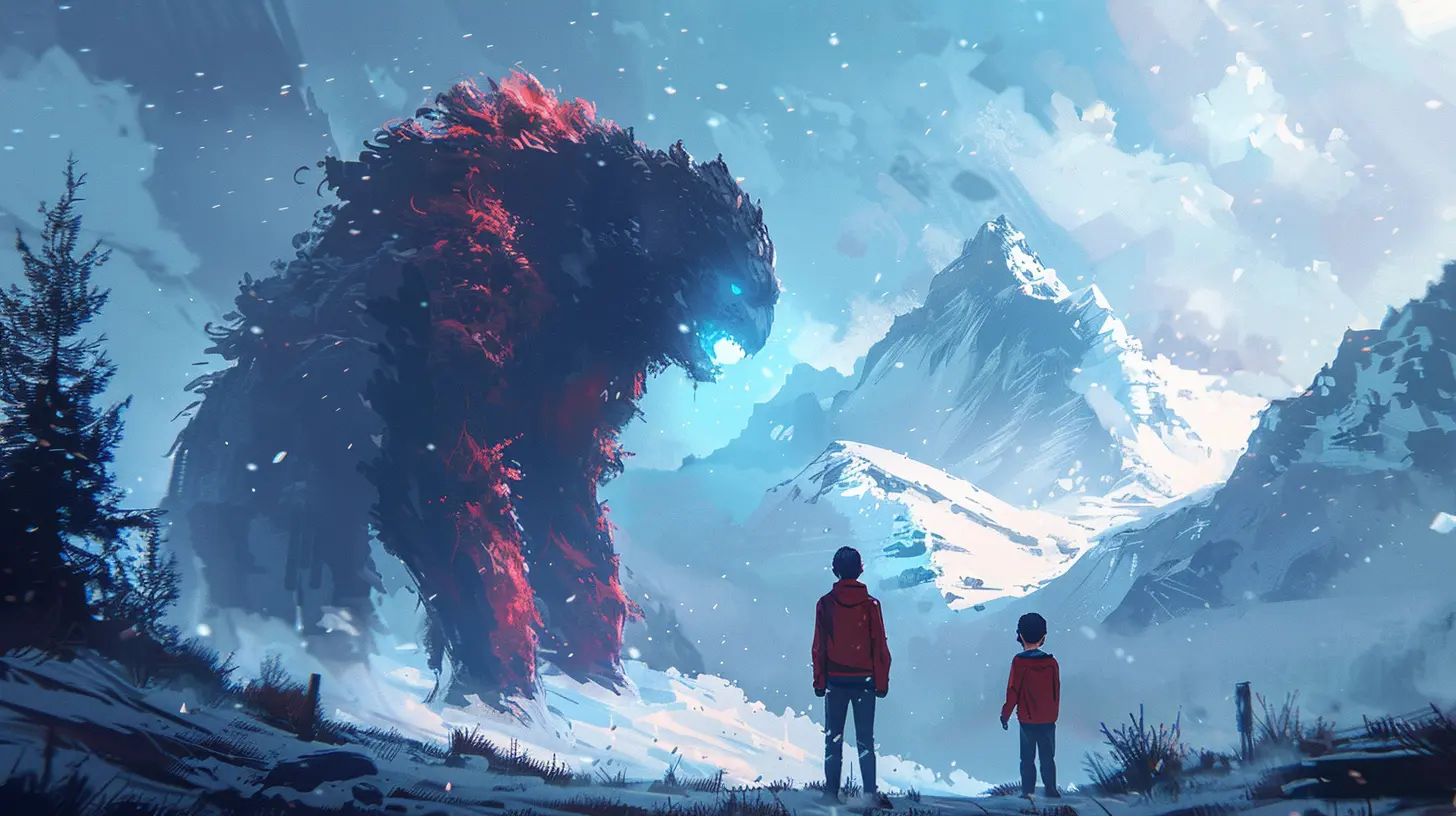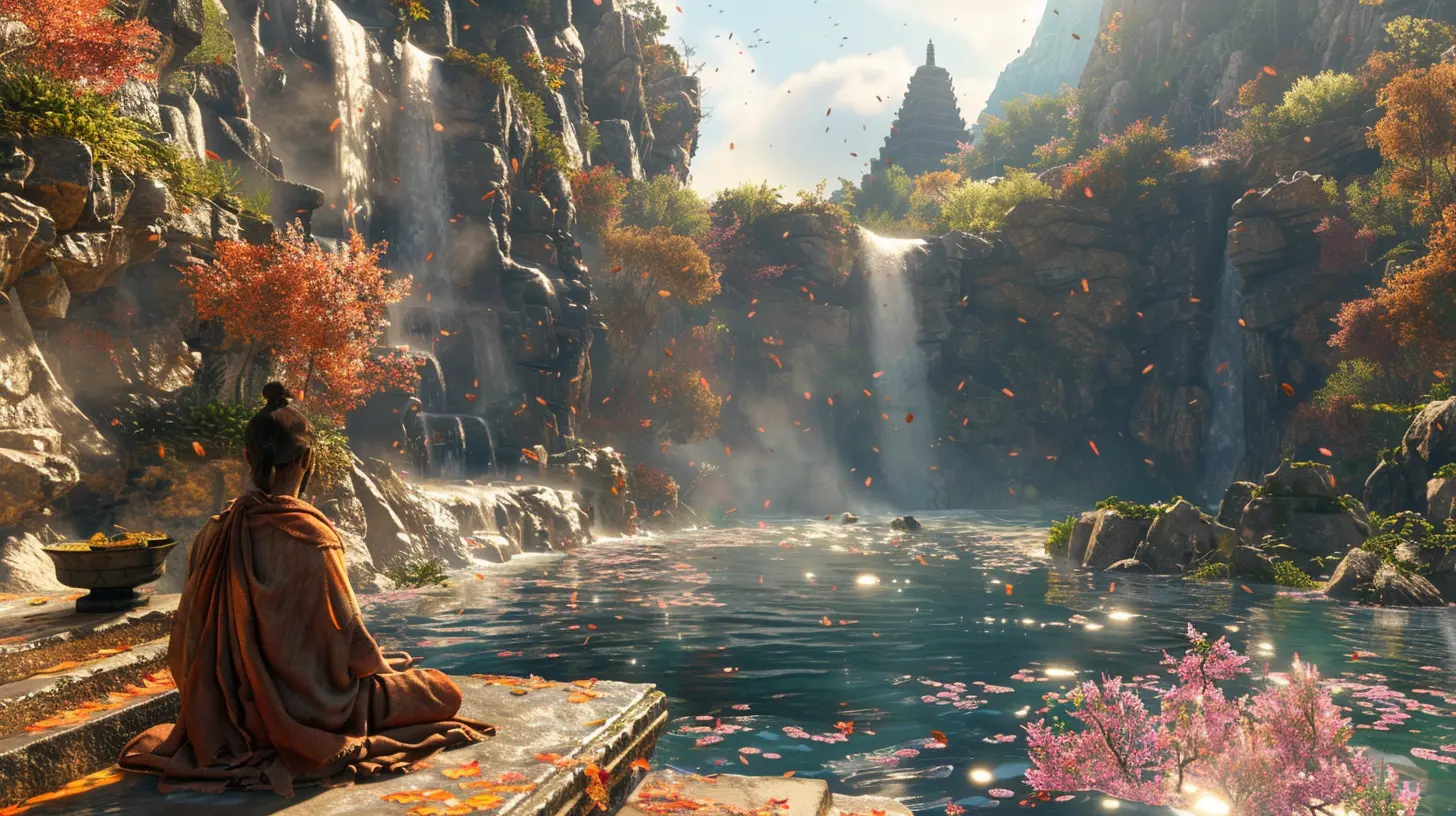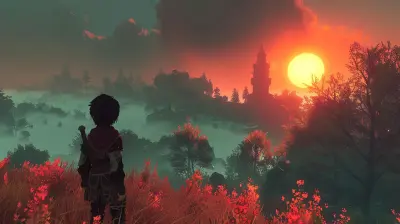Early Access Success Stories: From Indie Dreams to Blockbuster Hits
3 May 2025
Imagine this: you’re a small team of passionate developers armed with nothing but a killer idea, a few lines of code, and big dreams of creating the next breakout hit in the gaming world. Sounds like a long shot, right? Well, thanks to the concept of Early Access, that long shot has become a proven recipe for success for many indie developers over the years.
Early Access has undeniably reshaped the gaming industry. It's not just a buzzword—it’s a lifeline for indie studios and a playground for players eager to get in on the ground floor of promising projects. But how does Early Access actually work, and what separates the success stories from the fumbles? Let’s dive in and talk about some standout games that turned their humble beginnings into full-blown global phenomena.
What Is Early Access, Anyway?
Before we get to the juicy success stories, let’s break down what Early Access truly is. Imagine buying concert tickets before the artist even announces the setlist. That’s kind of what Early Access is like for video games. Players pay upfront for a game that's still in development, often in exchange for sneak peeks, playable builds, and the chance to provide feedback directly to developers.This model has its perks. Early Access gives devs the cash flow they need while letting them fine-tune their game based on real player feedback. On the other hand, players get to be a part of the journey. It's like being part of a club where you help shape the final version of the game.
Of course, Early Access isn’t without its risks. Some projects run out of steam or fail to deliver on expectations. But when a game nails it? The results can be extraordinary.
The Traits of a Winning Early Access Game
So, what does it take for a game to stand out in Early Access? A splashy trailer and a catchy title won't cut it. Here are some key factors that separate the winners from the wannabes:1. Clear Communication – Players want transparency. Updates, open roadmaps, and honest conversations go a long way.
2. Frequent Updates – A game that evolves and improves over time keeps players invested and excited.
3. A Solid Core Experience – Even in its early stages, the game should offer something fun and unique.
4. Engaged Community – Players need to feel like their voices matter. Active responses on forums, social media, and Discord go a long way.
Now let’s check out the games that got it so right they became legendary.
1. Minecraft – From Humble Blocks to Boundless Creativity
Let’s kick things off with the ultimate Early Access success story: Minecraft. Yeah, you’ve heard of it—everyone has. But rewind to 2009. Back then, it was just a quirky sandbox game developed by a Swedish indie dev, Markus “Notch” Persson.Launching in Early Access (though they didn’t exactly call it that back then), Minecraft offered players an incomplete but wildly imaginative playground. Gamers instantly fell in love with its limitless potential. Build castles? Sure. Dig to the Earth's core? Go for it. Fight off blocky monsters? Why not?
The secret sauce? Even in its earliest days, Minecraft’s core gameplay loop was addictive. Plus, the community was super involved, suggesting features and creating mods. Fast-forward to today, and Minecraft is a global phenomenon owned by Microsoft, with over 238 million copies sold.
2. Hades – The Olympian Rise of Supergiant Games
Supergiant Games wasn’t new to the indie scene when they released Hades in Early Access in 2018, but this roguelike dungeon crawler took their reputation to new heights. The game threw players into the shoes of Zagreus, the rebellious son of Hades, as he tries to escape the underworld.What made Hades stand out? First off, the gameplay was tight, with combat that was fluid, exciting, and unpredictable. Second, Supergiant nailed player feedback. They listened closely to early adopters, incorporating suggestions while balancing the game to perfection. It also didn’t hurt that the story, voice acting, and art style were chef’s kiss.
By the time Hades hit full release in 2020, it was showered with awards, including the coveted “Game of the Year” from multiple outlets. A true testament to how Early Access can elevate a game.
3. Valheim – A Viking Tale for the Ages
Vikings, survival, and co-op chaos—what more could you want? Valheim hit Early Access in February 2021 and immediately broke records. Within five weeks, it sold over 5 million copies. For an indie team of just five people, that’s nothing short of jaw-dropping.The genius of Valheim lies in its mix of survival mechanics and exploration. It’s tough, but not punishingly so. Plus, players loved building their own Viking settlements and taking down massive bosses. The procedural world generation kept every playthrough feeling fresh.
The game’s developers, Iron Gate Studio, were also incredibly transparent, sharing detailed roadmaps and staying connected with the player base. While it's still technically in Early Access at the time of writing, Valheim is already being heralded as one of the most successful indie games ever.
4. Stardew Valley – From a Solo Dev to Global Stardom
Here’s a heartwarming story. ConcernedApe, the solo developer behind Stardew Valley, started his journey inspired by classics like Harvest Moon. The game was initially released without Early Access, but beta testers and an active community played a massive role in its development.Though not a traditional Early Access story, Stardew Valley embodies the same principles: community involvement, continuous updates, and genuine passion. The game’s transition from a niche farming simulator to a full-blown cultural phenomenon is something every indie dev dreams of.
5. Among Us – The Underdog That Took Over the World
Who would’ve thought that a simple indie party game released in 2018 would blow up two years later? That’s exactly what happened with Among Us. While developer InnerSloth didn’t release it in Early Access, the game’s post-launch success bears similarities to other Early Access hits.Its sudden popularity during the COVID-19 pandemic came out of nowhere, with streamers and YouTubers spreading the word like wildfire. What makes Among Us relevant here is its ability to shift and adapt based on its growing community, adding features like new maps and mechanics over time.
Why Early Access Isn't Going Anywhere
The success stories above aren’t just flukes—they’re proof that Early Access works when done right. It’s not just a tool for finding funding; it’s a way to build trust, foster creativity, and create games that truly resonate with players.For indie developers, it lowers the risks of launching a game. For gamers, it’s an opportunity to support the devs they believe in while getting a first-row seat to the evolution of their favorite projects.
Sure, not every Early Access game is going to be the next Minecraft or Valheim. But the ones that succeed? They're shaping the future of gaming in real-time.
Tips for Aspiring Devs Considering Early Access
If you're a game developer eyeing Early Access, here’s some quick advice to give your project the best shot at success:1. Start with a playable core – Make sure your game is already fun in its current state.
2. Set realistic expectations – Be upfront about what’s in the game and what’s not.
3. Listen to feedback – Your community isn't just your audience; they're your collaborators.
4. Stay consistent – Regular updates show players that you’re committed to the project.
Final Thoughts
Early Access is like rolling the dice in Vegas. It’s risky, unpredictable, and sometimes downright scary. But when it works, it’s a thing of beauty. The games mentioned here didn’t just survive Early Access—they thrived, proving that with the right mix of passion, communication, and sheer grit, small indie dreams can grow into blockbuster hits.Who knows? Maybe the next big Early Access success story is just waiting to happen. And who’s to say it won’t be your game next?
all images in this post were generated using AI tools
Category:
Early Access GamesAuthor:

Madeleine McCaffrey
Discussion
rate this article
4 comments
Rhea McGrady
What an inspiring read! It's amazing to see how passion and creativity in indie games can lead to such incredible success. These stories truly highlight the power of perseverance and innovation in the gaming industry!
May 16, 2025 at 3:33 AM

Madeleine McCaffrey
Thank you! I’m glad you found the stories inspiring—I believe they truly showcase the remarkable journey of indie developers and their creativity!
Aaron Clarke
What factors contribute most to an indie game’s success in Early Access? Curious to hear your insights!
May 14, 2025 at 2:50 PM

Madeleine McCaffrey
Key factors include community engagement, regular updates, effective marketing, and clear communication. Listening to player feedback and adapting the game accordingly also play crucial roles in fostering a successful Early Access experience.
Lincoln McElroy
This article brilliantly showcases how early access can transform indie games into major successes, highlighting the importance of community feedback and innovation in the gaming industry. Great read!
May 9, 2025 at 2:58 PM

Madeleine McCaffrey
Thank you! I'm glad you enjoyed the article and found the insights on community feedback and innovation valuable.
Willow Hahn
Early Access has become a double-edged sword for indie developers: a gateway to success or a breeding ground for disappointment. It embodies the tension between artistic vision and market demand, challenging creators to balance their dreams with the realities of audience expectations and financial survival.
May 9, 2025 at 3:40 AM

Madeleine McCaffrey
Thank you for your insightful comment! Early Access indeed presents a complex challenge for indie developers, balancing creative ambition with audience expectations. We're excited to explore how some have navigated this journey toward success!


